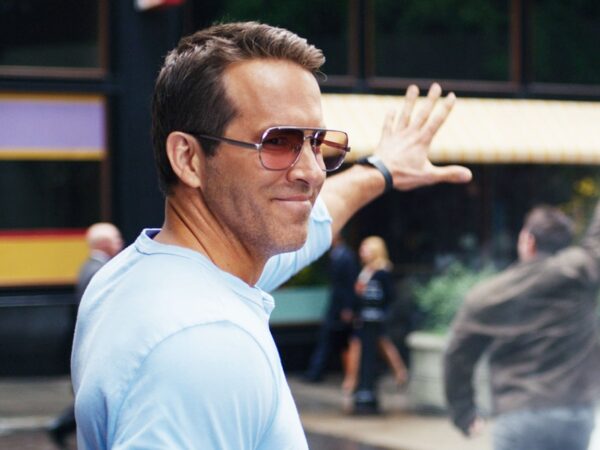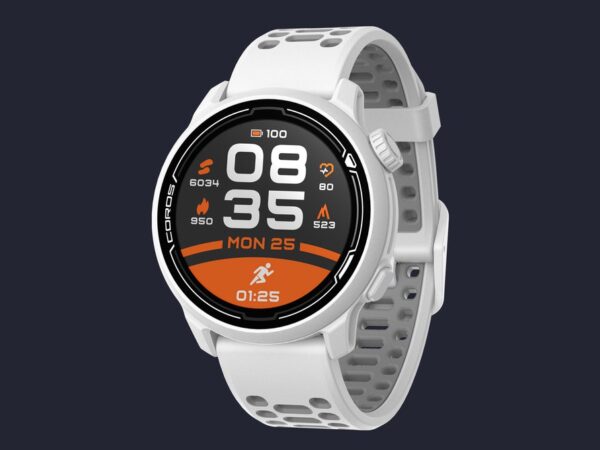Sure, we’re a little biased around here. But when storms bear down on this country’s coasts—scary ones, like Hurricane Florence (since downgraded to a tropical storm), threatening floods and high winds—our minds zero in on the transportation aspects. Some people need to leave their homes, but how? Some need to get to shelters, but when, and how quickly? And then, after the storm is over, someone needs to get in and assess it all. And then the residents need to come back. This week, WIRED Transpo spent some time thinking about these thorny questions, from the perspective of residents, government emergency planners, logistics-obsessed officials, even drone pilots.
Elsewhere in transportation world, we talked to people who had solved other intimidating issues: How to stop someone hacking your Tesla, how to get around flying cars’ battery problems, and how to help someone ride a bike at 168 mph. It’s been a week—let’s get you caught up.
Headlines
- Tesla owners, remember to turn on your dashboard display PIN. WIRED security writer Andy Greenberg tells the tale of KU Leuven researchers who discovered that anyone with a bit of savvy and $600 in radio and computing equipment should be able to wirelessly read and decrypt Tesla key fobs, allowing them to swipe cars without a trace. Tesla rolled out its new antitheft PIN feature two weeks ago, and says no Model S units sold after June are vulnerable to the hack.
- Don’t call it a concept car. Mercedes-Benz’s Vision Urbanetic is a “mobility concept,” a body-swappable hybrid that can haul people or packages, depending on its fancy. The concept is an excuse for the Germans to start thinking (and messaging) about new forms of moving stuff—without adding to cities’ already oppressive traffic issues.
- Another pack of Germans, another mobility concept. Transportation editor Alex Davies meets BMW’s Vision iNEXT, an electric, autonomous, baby SUV that BMW hopes points to the future of driving. Or not driving, as it were.
- Led by Los Angeles, 30 cities teamed up this week to create an online portal for collectively bargaining with electric car, street sweeper, garbage truck and bus manufacturers over the price of their products. Together, these cities will need to replace 115,000 vehicles valuing about $10 billion, senior writer Jack Stewart reports. And going electric is a lot easier when you can get a good deal.
- As Hurricane Florence continues to batter the East Coast, it’s important to remember: When governors and mayors declare mandatory evacuations, they’re the products of years of planning and thought.
- But some have more planning and thought than others. A disaster and urban planning expert tells me that some places just don’t have the resources for robust hurricane plans—and that the vulnerable, and especially those without cars, suffer for it.
- As the rains continue to fall, Jack Stewart catches up with the professional drone pilots prepping to help out in the recovery effort—beef jerky, pretzels, and all.
- Waze and tech company SpotHero install specialized beacons in Chicago’s labyrinthine tunnels, where no functioning GPS dare go. Just one problem: Locals love their shortcut tunnel secrets.
- Lyft adds public transit data to its app in Santa Monica—meaning Californians might open it every time they travel, no matter the mode.
- What’s better than a flying car? A flying car with all of its complex electric battery issues solved, because it’s in fact tethered to a power line for much of every trip. Eric Adams speaks to the (quixotic?) inventors behind the Karman Electric concept.
- Meet Denise Mueller-Korenek, a bicyclist who hopes to beat the world motor-paced bicycle land speed record—a mere 167 mph—this weekend at Utah’s Bonneville Salt Flats. “Accelerating past the takeoff speed of a Boeing 757 on a bike seems impossible,” writes contributor Joe Lindsey, but when you’ve got a drag racer blocking the wind for you, it just might be possible.
Elon Musk Street Art of the Week
It’s been 11 days since Tesla CEO Elon Musk sat down for a 2.5-hour, wide-ranging interview with comedian and podcaster Joe Rogan. And it’s been about eight days, if the internet is to be believed, since someone in Melbourne, Australia, immortalized the interview with a mural of the [CEO himself taking a quick hit of a blunt.
Loading
Required Reading
News from elsewhere on the internet
- Speaking of Elon: His number two at SpaceX, Gwynne Shotwell, says her boss “is as lucid and capable as he has ever been.”
- The Boring Company gets permission to build a garage connecting to its test tunnel at SpaceX headquarters in Hawthorne, California.
- VW will kill the Beetle after this model year, hopefully for enough time to let the nostalgia build again. So it can come back in a decade or so, naturally.
- Toyota might build a lightweight Supra—and it might be street legal.
- Plus, the Japanese carmaker will allow emissions-sensitive Chinese officials to examine in depth the technology behind the Prius. That might set a very uncomfortable precedent for other carmakers hoping to make inroads in China.
- Self-driving startup Nuro—you know, the people behind that toaster-looking delivery robot—have released a detailed safety assessment letter to the National Highway Traffic Safety Administration. The NHTSA would like everyone testing automated vehicle technology to hand over one of these.
In the Rearview
Essential stories from WIRED’s past
A look back at 2016 finds the top reason startups fail: Running a hardware business is super hard.
Source:WIRED











